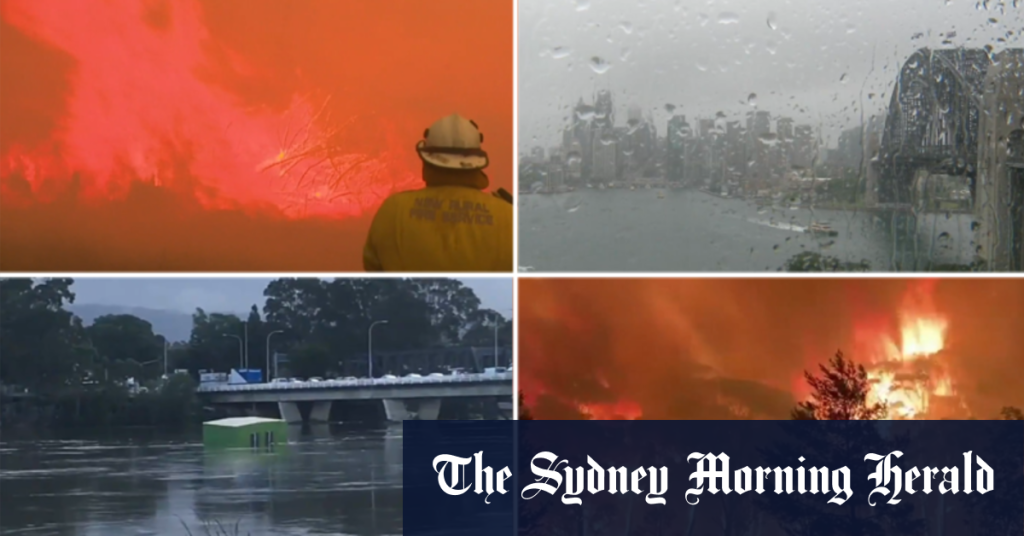The State of the Climate report reveals that Australia is facing a race against time as the climate crisis worsens. The report predicts more extreme heat, longer bushfire seasons, and more intense rainfall in the future, highlighting the urgent need for action to address climate change. The findings point to a grim reality for Australia, with the potential for significant impacts on the environment, communities, and economy if action is not taken swiftly. The report serves as a stark warning of the consequences of inaction and the urgent need for both government and individual action to mitigate the effects of climate change.
One of the key predictions in the report is the likelihood of more extreme heatwaves in Australia in the future. This poses a significant risk to public health and wellbeing, as prolonged periods of extreme heat can lead to heat-related illnesses, increased mortality rates, and strain on healthcare systems. Additionally, the report highlights the potential for longer bushfire seasons, with more frequent and intense wildfires becoming a significant threat to communities and ecosystems. The impact of these longer bushfire seasons on biodiversity, infrastructure, and livelihoods is a cause for concern and underscores the need for effective adaptation and mitigation measures to address this growing threat.
In addition to extreme heatwaves and longer bushfire seasons, the State of the Climate report also warns of more intense rainfall events in Australia. This poses a risk of flooding, which can have devastating consequences for communities and infrastructure, leading to property damage, displacement of populations, and loss of life. The report emphasizes the need for investment in resilient infrastructure and effective disaster preparedness and response measures to minimize the impacts of these extreme weather events. Failure to address these risks could result in significant economic losses and social disruption, underscoring the urgency of proactive action to build climate resilience.
The report also highlights the interconnected nature of climate change impacts, emphasizing the need for a holistic approach to addressing the climate crisis. The effects of climate change extend beyond environmental concerns, impacting areas such as human health, food security, water resources, and biodiversity. This interconnectedness underscores the importance of integrating climate action into policies and practices across sectors to build a more sustainable and resilient future for Australia. The report calls for collaborative efforts from government, businesses, and communities to work together towards a common goal of reducing greenhouse gas emissions, adapting to climate impacts, and building a more sustainable future for all Australians.
The State of the Climate report serves as a wake-up call for Australia, highlighting the urgent need for action to address the pressing challenges posed by climate change. The report paints a sobering picture of the potential impacts of inaction, warning of the serious consequences of failing to address the climate crisis. With the window of opportunity to mitigate these risks rapidly closing, there is an urgent need for bold and decisive action from policymakers, businesses, and individuals to reduce greenhouse gas emissions, build climate resilience, and transition to a low-carbon economy. The report underscores the critical importance of taking proactive steps now to safeguard the future of Australia and address the existential threat of climate change.
Overall, the State of the Climate report paints a stark picture of the challenges facing Australia as the climate crisis worsens. The predictions of more extreme heat, longer bushfire seasons, and more intense rainfall underscore the urgent need for action to address the pressing challenges posed by climate change. The report serves as a call to action for all Australians to come together to build a more sustainable and resilient future for the nation. With the stakes higher than ever, the time to act is now to mitigate the impacts of climate change and secure a better future for generations to come.















